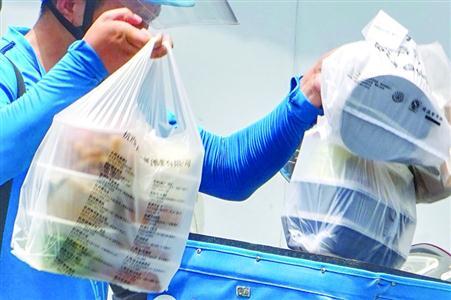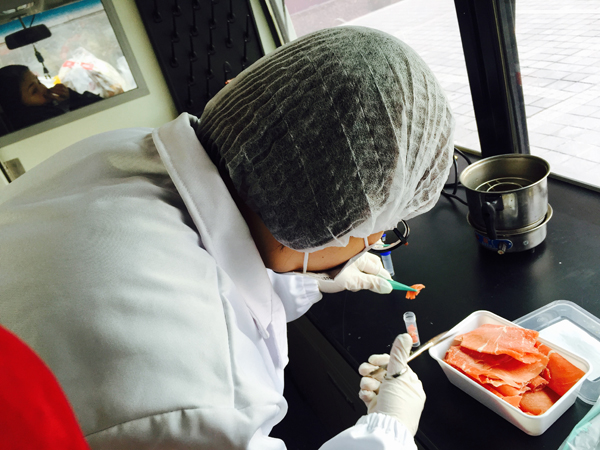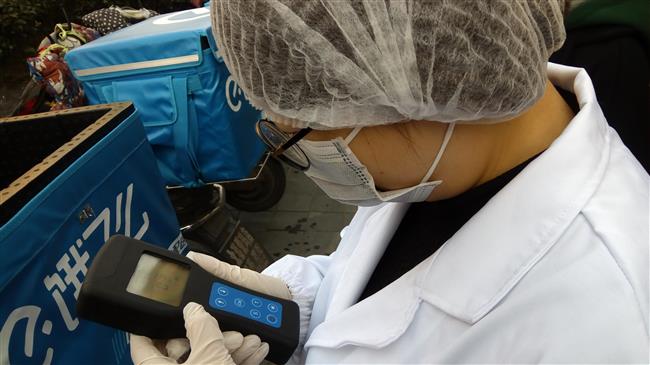The rise of meal delivery services in China has changed our way of dining and the large array of restaurants at our fingertips has become a highly-regarded convenience. However, as we select each dish on the menu, in the back of our minds we can’t help but worry about the safety and quality of the food delivered. Thankfully from January 1, 2018, a new policy on food delivery has come into effect, which will see to a more regulated market in China.
Released in November 2017 by China Food and Drug Administration (CFDA), The Regulation and Supervision on Food Delivery Service was implemented to overhaul the industry and provide strict regulations for online food ordering platforms and their obligation to test and supervise the registered restaurants.

Yesterday, Ele.me and Baidu, two major online platforms in China, joined forces with Shanghai Municipal Food and Drug Administration (SHFDA) to carry out random testing in Putuo District.
The tests were undertaken in the form of a ‘mystery customer,’ who ordered and took delivery of a meal. After the food was received, it was taken to a nearby mobile testing vehicle.
Equipped with on-the-spot testing devices, the inspectors tested the food in terms of multiple indexes, including germs, pesticide residue and illegal additives. The index varied according to specific samples. For instance, one of the samples from yesterday was hotpot meat, the main object was to detect whether it contained clenbuterol, a common additive in meat product.

In addition to the food itself, the delivery boxes were also tested. “The delivery box has everything to do with the safety of the food in it. If the boxes are not sterilized well, they may easily contaminate the food.” advised Zhang Lei, deputy director of SHFDA’s food supervision and management department.
According to the results of bacteria testing, the average CFU (colony-forming unit) of the boxes only amounted to 14 per cubic centimeters, much lower than the standard regulation (100 per cubic centimeters).

“Those who fail the tests will be delisted from the online food ordering platforms,” explains Zhang. “Last year, over 85 percent of the eateries in Shanghai passed our random tests.”
As the random tests continue, more illegal restaurants will be removed from the ordering platforms, which goes a long way towards easing our concerns related to the safety of the food delivered.


















